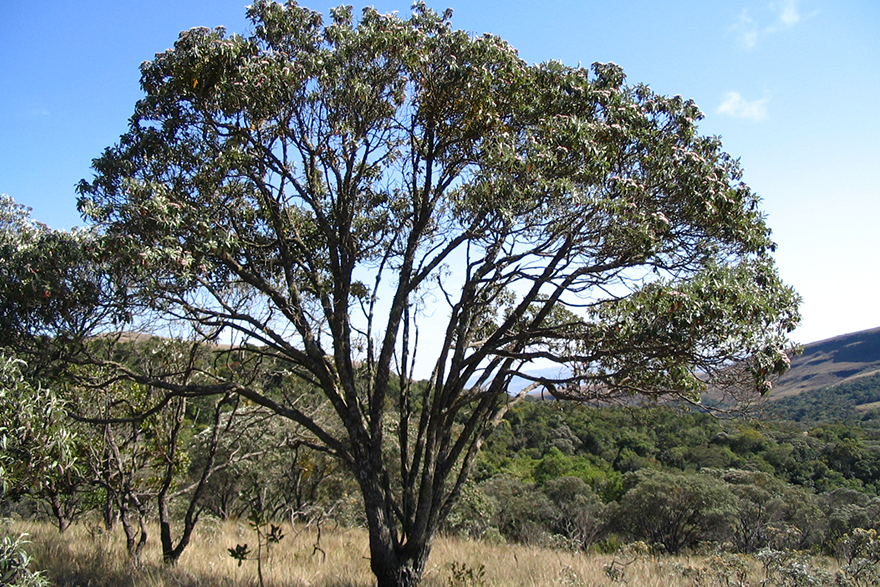Bisabolol Wood Essential Oil
Bisabolol wood essential oil, a chemical compound also known as levomenol, is a naturally-occurring element in the essential oil extracted from the German chamomile flower. The oily liquid is also found in the bark of the Candeia tree, which is native to the southeast regions of Brazil. Bisobolol has a sweet yet subtle floral scent, which has been used as a fragrance in cosmetics for hundreds of years.
History
Chamomile was used for centuries as a mild astringent, antioxidant, and anti-inflammatory to treat wounds, burns, eczema, skin irritations, and the pain related to conditions such as gout and rheumatism. While the medicinal uses of chamomile date back thousands of years, it wasn’t until the twentieth century that the compound bisabolol was commercially extracted from the bark of the Candeia tree.
Production of Bisabolol Wood Oil
Although bisabolol wood essential oil generally is associated with the chamomile plant, which can contain up to 50 percent bisabolol, the oil is steam distilled from the wood of the Candeia tree. Still one of the most common methods for extracting essential oils, steam distillation has been in use for hundreds of years. During the process, steam releases the essential oil from the plant and then carries the vapor to a condenser where it then reliquifies. When distillation is complete, the water and oil in the distilling equipment are separated.
Since the highest grade of oil comes from older Candeia trees, there is a global shortage of bisabolol wood oil produced naturally. The mining industry, coffee plantations, and illegal logging activities in Brazil currently threaten the remaining Candeia trees. Even when new trees are planted, it takes at least 12 years of growth before the oil can be extracted.
Bisabolol for Skin Care
Because of its anti-inflammatory and anti-microbial properties, bisabolol is believed to have skin-healing properties. While bisabolol can be produced synthetically, it is not as potent as that which comes naturally from plant material.
As the active ingredient in many skin care products, bisobolol has numerous beneficial effects. Used as a skin conditioner, the oil is known for reducing dry, flaky skin and restoring suppleness for healthier, younger-looking skin. Research has also shown that the flavonoids in chamomile and essential oils penetrate into the deeper skin layers, which makes their use valuable as a topical anti-inflammatory.
Other Therapeutic Benefits
The antioxidant properties found in bisabolol and other essential oils may play a significant role in preventing diseases such as cancer, heart disease, autoimmune disorders, and other chronic disease processes. While the therapeutic uses of natural plant remedies to fight inflammation is based in centuries of use in folk medicine, clinical trials have shown that some components in medicinal plants may suppress the inflammatory processes that can lead to chronic disease by preventing the production of cytokines and eicosanoids by the body’s inflammatory cells.

